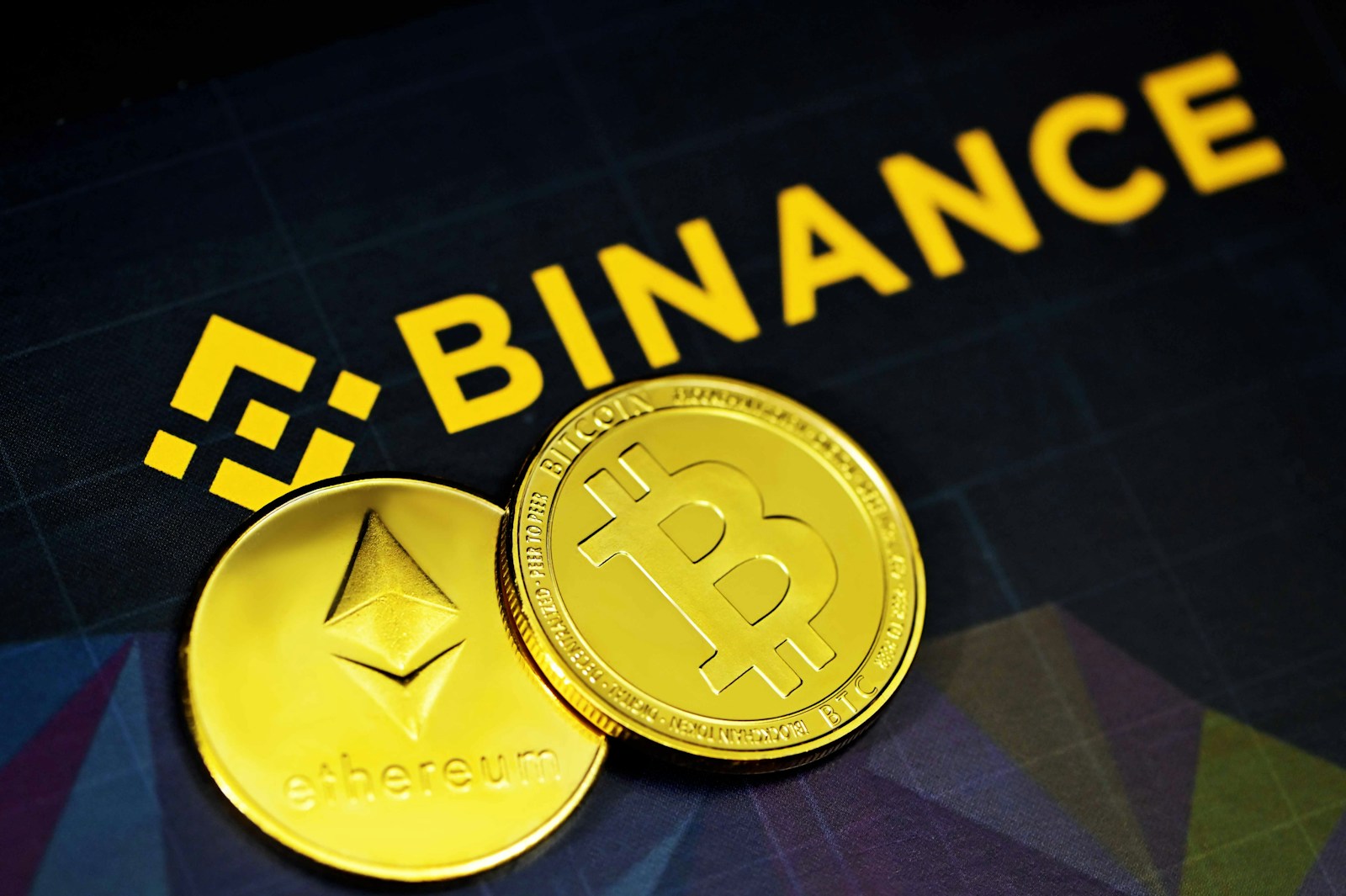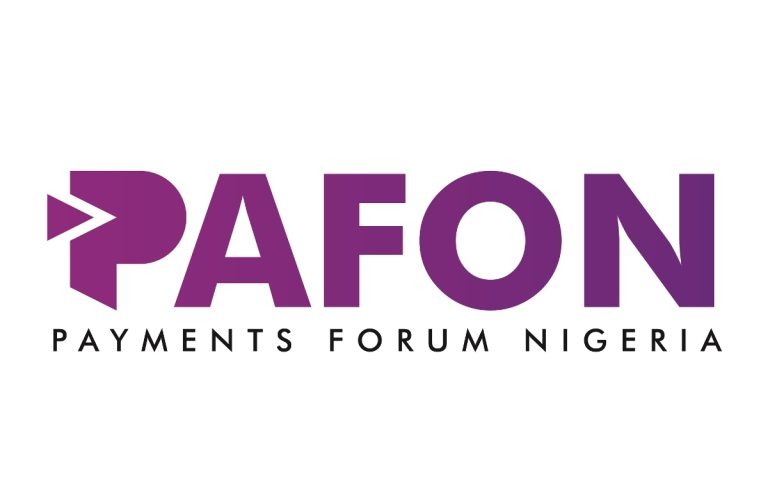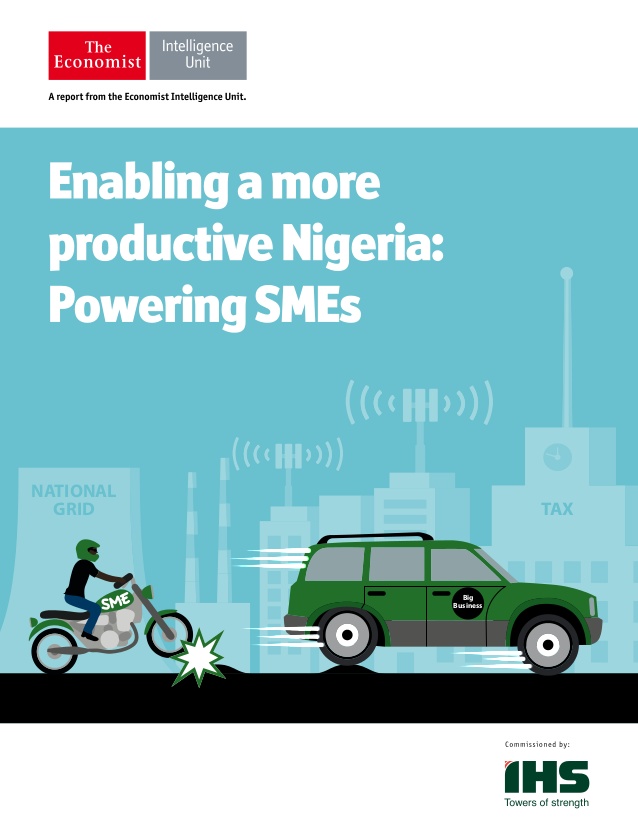Nigeria Limits Access to Binance, Other Major Crypto Exchanges

The Central Bank of Nigeria (CBN), which published legislation to regulate the activities of digital asset providers many months ago, has instructed its telecom carriers to restrict access to websites related to cryptocurrencies, including well-known sites like Binance, OctaFX, and Coinbase. This action is a reaction to the CBN’s December 2023 decision to revoke its earlier, February 2021 prohibition on cryptocurrency transactions, changing its stance on digital assets.
The new action to restrict access to these cryptocurrency websites aims to stop Nigerians from engaging in speculative currency trading. In light of the new limitations, Binance emphasized in response to complaints from users who were unable to buy dollars that their service is not meant for currency pricing.
Dollars are no longer available on Binance, according to a tweet from @MikaelCBernard, an X user. It appears that traders on Binance have made their move. You can sell, but you can’t purchase.
In response, Binance reaffirmed its commitment to giving its customers access to a platform free from fraud and manipulation and driven by market forces. “In addition, as leaders in the industry, we are working closely with local officials, legislators, and regulatory bodies to address any instances of non-compliance,” the business added in its statement.
Dollars are no longer available on Binance, according to a tweet from @MikaelCBernard, an X user. It appears that traders on Binance have made their move. You can sell, but you can’t purchase.
In response, Binance reaffirmed its commitment to giving its customers access to a platform free from fraud and manipulation and driven by market forces. “In addition, as leaders in the industry, we are working closely with local officials, legislators, and regulatory bodies to address any instances of non-compliance,” the business added in its statement.
To protect its users against future price reductions, the firm stated on Wednesday that transactions will be temporarily halted. The firm issued a clarification in response to rumors that its platform was a hub for currency trading speculation: “It’s important to realize that foreign exchange rates are susceptible to a variety of nuanced circumstances, over which Binance bears no power.
“However, we’re still dedicated to interacting with legislators, regulators, and other important stakeholders to advance an honest and open conversation that aims to successfully navigate the shifting landscape of cryptocurrency and financial markets.”
The Nigerian Communications Commission has ordered telecom providers to block access to Binance and other cryptocurrency websites, in a move that first surfaced as rumors.
According to a prominent individual in the telecom industry, telecom providers have been ordered by the regulatory authority to impose a limitation immediately. There isn’t currently a time frame attached to this restriction. This step is a reflection of the one that Nigeria took in 2021 when it banned Twitter and ordered telecom companies to restrict access to the platform.
Emerging reports earlier today suggested that in an effort to stop the continued manipulation of the foreign exchange market, the government would forbid access to Binance’s and other cryptocurrency companies’ digital platforms.
The exchange rate on Binance was roughly N1,850 to the dollar before it was restricted.
The administration has put many plans into action to stop the downturn in the economy. It has ordered the Economic and Financial Crimes Commission to place Bureau de Change operators under arrest for engaging in speculative activity.
The NCC’s director of public affairs, Reuben Mouka, stated that he was not aware of any directives that the organization had sent to telecom providers. “I am not aware of any such information.” This might be the result of our increased attention to the less formal components of ICT regulation.
“It doesn’t follow that we oversee the regulation of websites and social media just because the NCC handles the infrastructure aspect of ICT,” he clarified.
Nigerians have expressed their displeasure with a recent government decision by resorting to X (formerly known as Twitter) to vent their worries about the inaccessibility of the Binance website. BusinessDay also used the MTN network to confirm this issue.
Adebayo Juwon, co-founder of Finna Protocol, a full stablecoin ecosystem, stated in a post on X that he had just learned that the CBN has given MTN the order to ban access to all cryptocurrency websites. It seems inevitable that the implementation will occur, even though the required approval processes may delay it.
As @unicodeveloper wrote, “In the year 2024, it’s astonishing that Binance is being blamed for the foreign exchange issues of a nation with a population of 200 million and a 2023 budget of $34 billion,” Nigerians are venting their concerns over a recent development.
“Apparently, the $2 million spent on Binance is what’s causing the dollar’s value to plummet,” sarcastically stated @eldivyn. It is equivalent to attributing the car’s braking problems to the pedestrian.
In response, @Anthony Azekwoh said, “The fundamental systemic issues that have been ignored, which every living economist has been highlighting for the last eight years, are the issue—not Binance or the Naira’s exchange rate.”
Nigerian people used VPN software to access Twitter in 2021 even after the country banned the social media platform. One of the biggest cryptocurrency communities in the world is based in Nigeria, which reflects the resilience of the nation’s cryptocurrency operations. Leading blockchain analytics firm Chainalysis said in 2023 that from July 2022 to June 2023, Nigeria witnessed cryptocurrency transactions totaling $56.7 billion.
The Blockchain Nigeria User Group’s creator and coordinator, Chimezie Chuta, chastised the government for focusing on attempting to address the naira’s issues by focusing on cryptocurrency transactions. He contends that because there are so many other options for cryptocurrency trading, this strategy is unworkable and unsustainable.
He thinks social media platforms have the ability to easily close the gap in peer-to-peer exchange, which might make things worse. Chuta highlighted the government’s misplaced efforts in an interview with BusinessDay.







